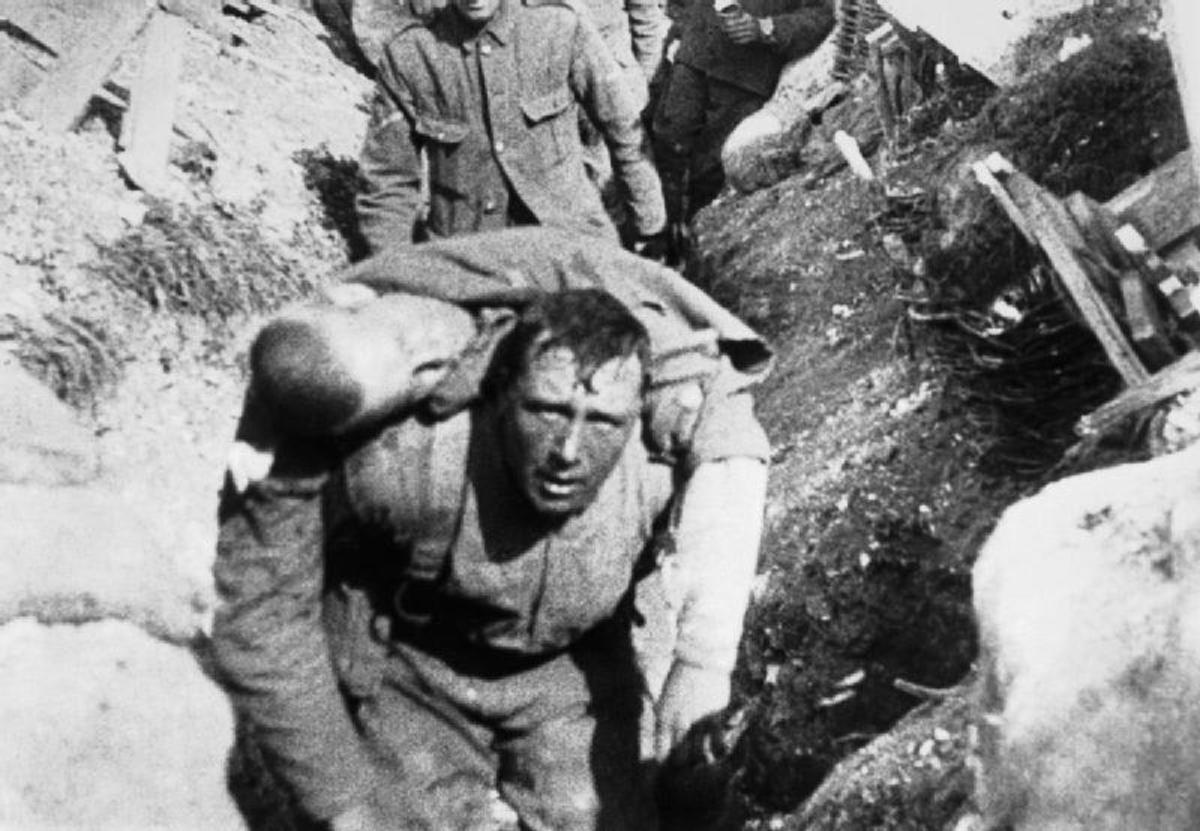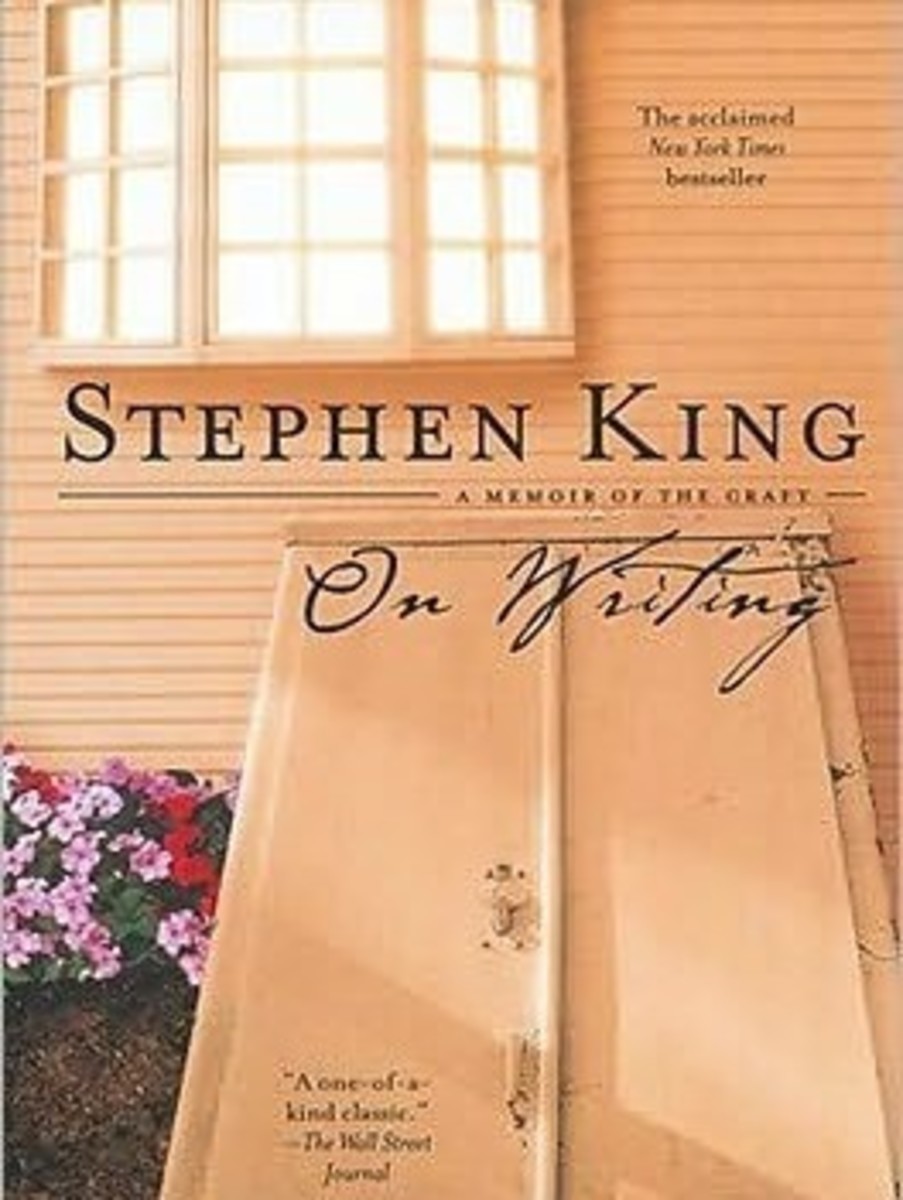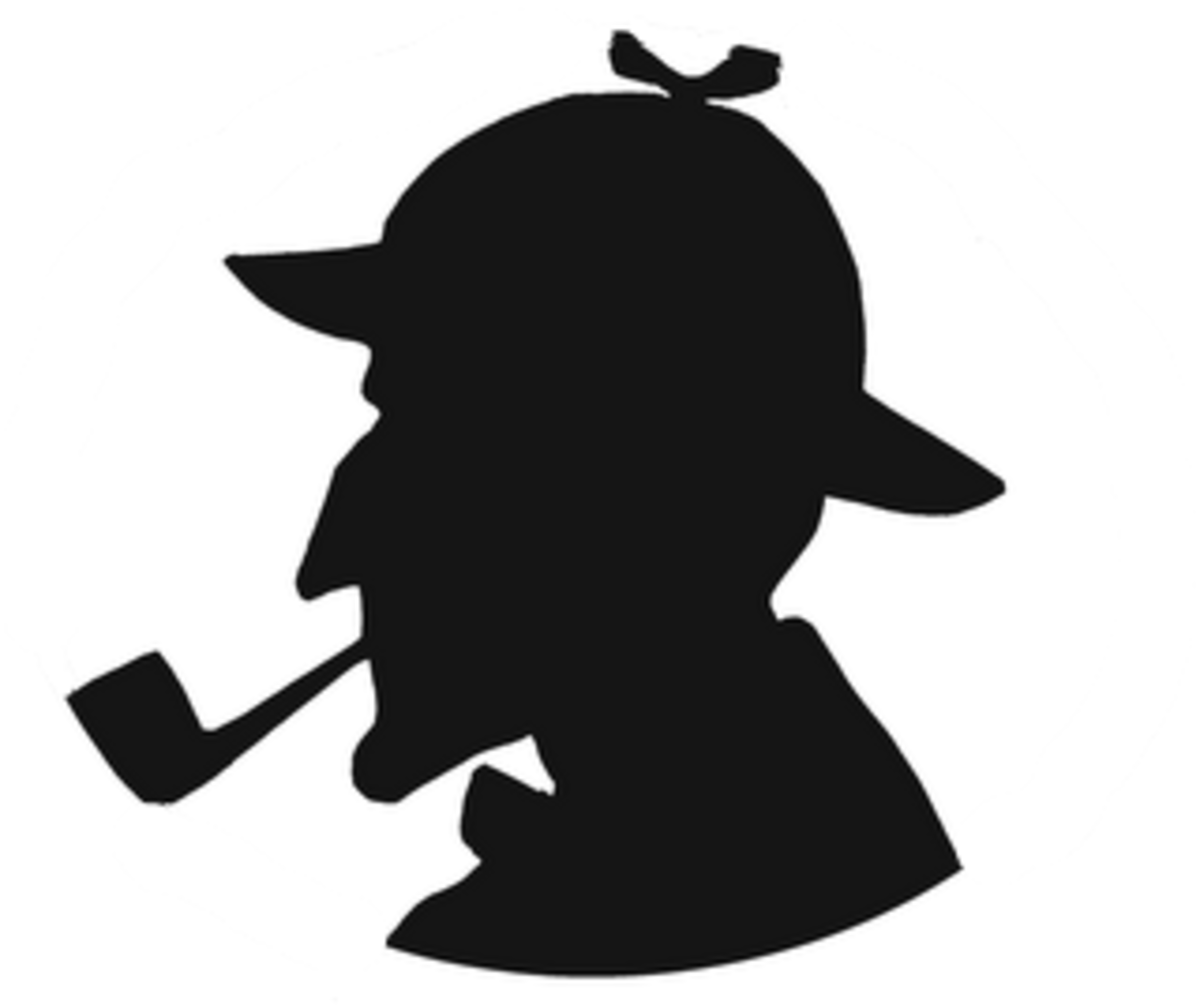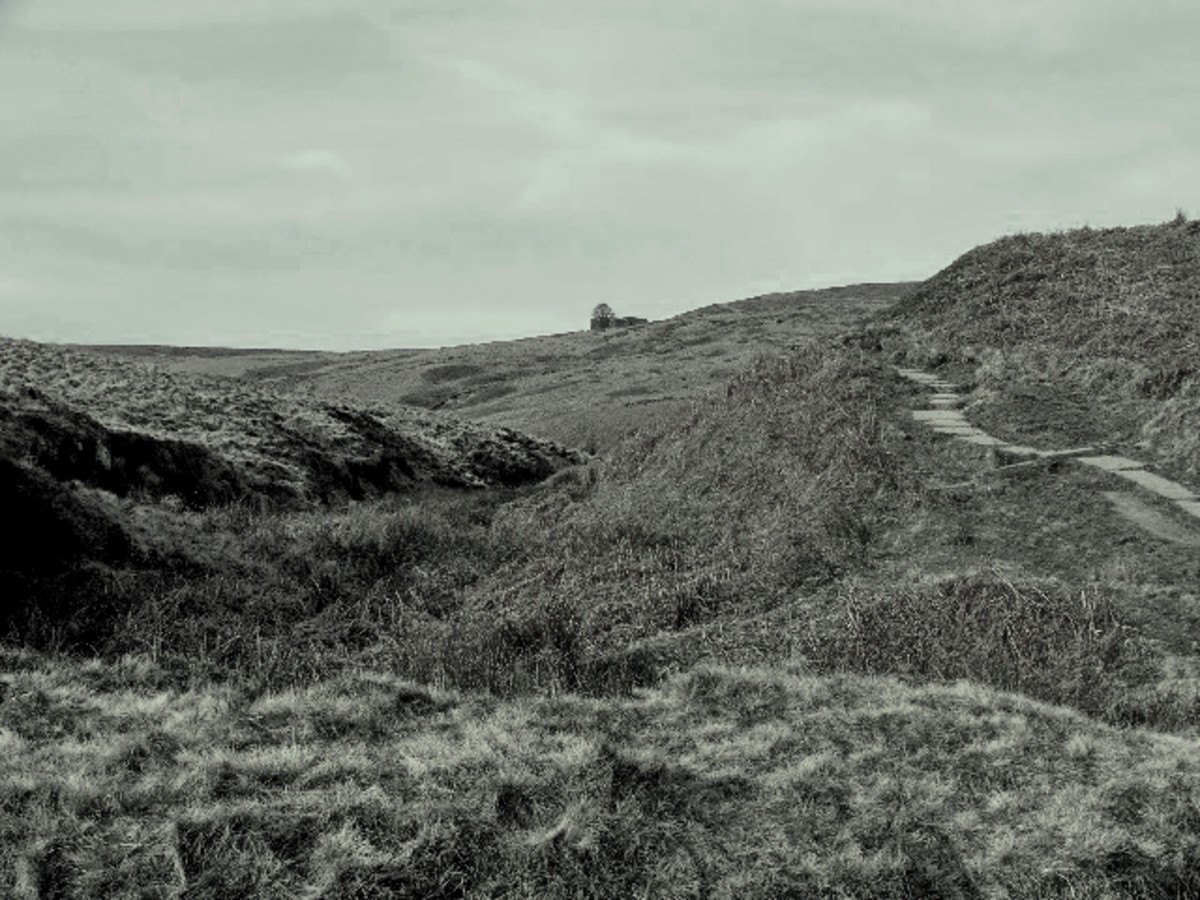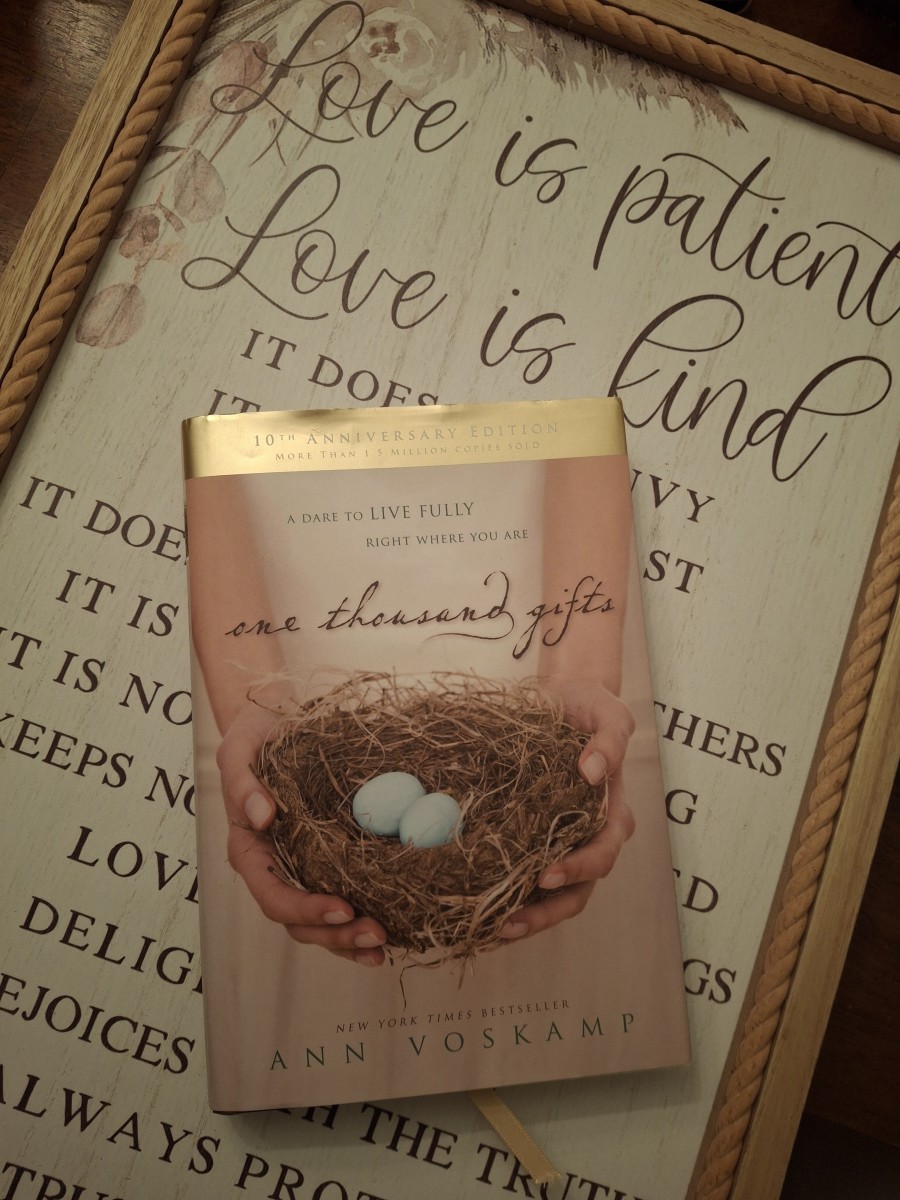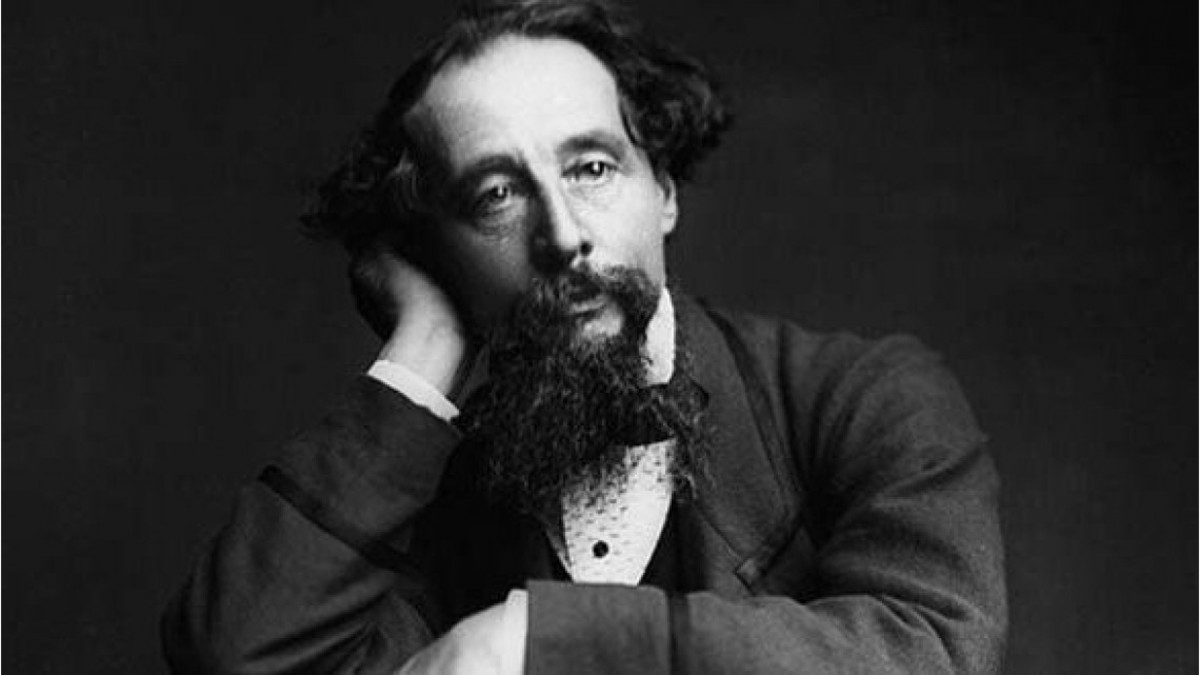7 Authors Who Disliked Their Own Books
Usually the author is the first and probably the best fan of his own book, but surprisingly enough that is not always the case. Some amazingly great authors in history have actually disliked their own books for one reason or another. You might be surprised by the list of books and authors in this article, and maybe even find some of your favorite ones.
Franz Kafka
Franz Kafka apparently hated his own books. In addition, he would say that he has a desire to destroy all the published copies. He even asked his best friend to promise him that he will burn his unpublished work after he dies. But after all, the friend fortunately chose to publish the books. Now the world loves to read his books and greatly admires his work.
Ian Fleming
Ian Fleming wrote the book "The Spy Who Loved Me" through a female perspective, intending to highlight the Bond’s misogyny. After the book received a lot of negative reactions, the author regretted publishing it and blocked the printing of the book. However, after Fleming died, the book, that had previously gone out of print, became much more popular.

Stephen King
When Stephen King wrote his book Rage he was writing under the pseudonym Richard Bachmann and he was only 17 years old. As the book depicts a story of a high school boy who kills his teacher and holds the students hostage, people later blamed it for inspiring school shootings. Even King alone was afraid that the book inspired school shootings and massacres by students, and wanted to take it out of publication.
Sir Arthur Conan Doyle
The creator of the beloved character Sherlock Holmes did not think of his detective fiction as quality literature. He spent time writing it only for the money he was getting for it. He believed that he should have spent his time writing different genres of literature preferred by him.
Octavia Butler
Octavia Butler believed that her third novel Survivor contained too many science fiction clichés. She actually hated the book so much that she 'disowned' it. To her it was comparable to 'offensive sci-fi garbage'.
Anthony Burgess
At the time, the public thought that his book Clockwork Orange similarly to King’s Rage is provoking violence. Burgess had remarks about the movie that was based on his book. In the movie adaptation of the book, .| In the movie, the subject that got most attention and was even glorified was the sexual violence, according to Anthony. These things led to common misunderstandings. Burgess once stated. 'The book I am best known for, or only known for, is a novel I am prepared to repudiate'..
Lewis Caroll
Alice in Wonderland by Lewis Caroll is one of the most popular, admired and culturally significant books in the world. Lewis Caroll was not displeased by the book itself but by the fame he received by it. A letter was discovered in which he wrote 'All that sort of publicity leads to hearing of my real name in connection with the books, and to my being pointed out to, and stared at by, strangers, and treated as a 'lion'. I hate all that so intensely that sometimes I almost wish I had never written any books at all.'
Afterthought
Interestingly, this reveals the complex relationship between the author and his work. A book is a piece of art, and seems to have a life of it's own. Sometimes so much so, that it even contradicts it's creator. Also at different times the public may react differently to the same book. All this should be important words of wisdom for aspiring authors not to be hasty with their judgment. You can never be sure which one of your creations will be the rocket that will sky launch you to success. And just as important, are you ready to live with the reactions of the public? Making art is a process, and when the process if fruitful we may say that the result is "a piece of art". The artwork is a separate thing, we can say it's a vehicle for the consumer of art and it can take him/her to different emotional or spiritual states. This is an important distinction.


